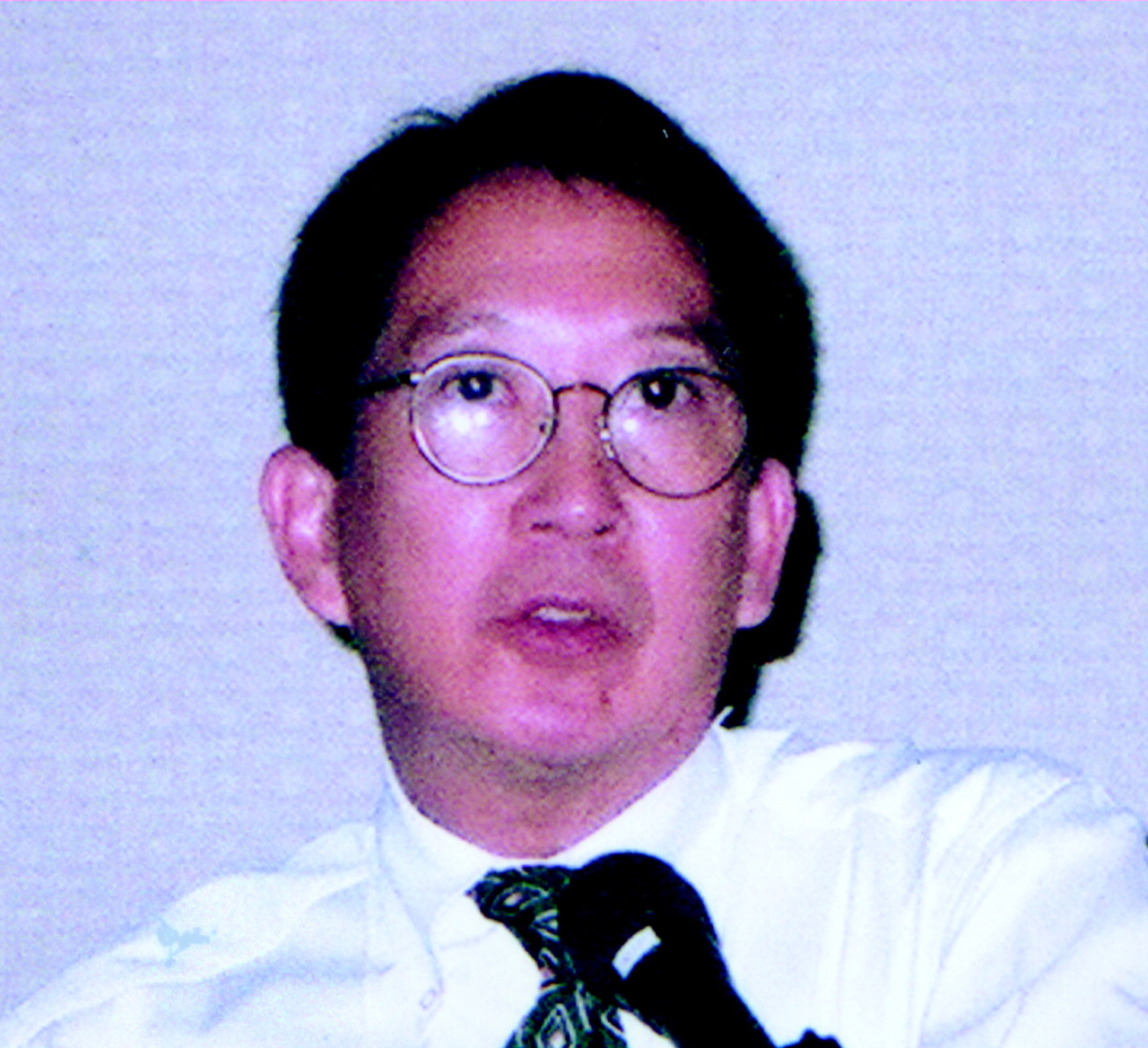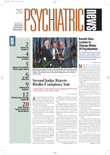In one progressive approach to residency education, the next generation of psychiatrists is being trained to stay on top of the rapidly changing health care environment.
According to a 2001 Institute on Medicine report, “between the health care we have and the care we should have lies not just a gap, but a chasm.”
Leighton Huey, M.D., Birnbaum/Blum professor and chair of the psychiatry department at the University of Connecticut, highlighted certain aspects of the report to emphasize the need for reform in the practice of psychiatry in particular and health care in general during a presentation at APA’s 2001 annual meeting in New Orleans in May.
“The Institute on Medicine report highlights the disparity between best practice and current practice, widespread practice variability, and conceivably escalating health care costs,” said Huey, who believes that the long-lasting solution to improving health care rests with residency training.
Huey said that today’s residents have little exposure to innovative concepts in medicine such as evidence-based medicine and outcomes monitoring. Rather, they receive a great deal of training on inpatient units, which are less common venues than outpatient settings for psychiatric care these days.
“There are a number of people, many influential, who are very concerned that the training community is out of touch with what the field needs for its future,” said Huey. As a result, residents may not be equipped with skills that the clinical psychiatrist of the future should have, he suggested.
Huey envisions such an individual to be an excellent diagnostician and skilled in psychopharmacology and the brief psychotherapies. He or she “has a sense of fiscal realities and understands the implications of health care reform and managed care,” said Huey.
The psychiatrist of the future also “interfaces regularly with primary care physicians, works comfortably within multidisciplinary systems. . .and has good management skills,” he added.
Huey served as residency training director in psychiatry at Dartmouth College from 1994 to 1998 and headed an effort there to ensure that psychiatry residents in their first year of training had simultaneous inpatient, outpatient, and consultation-liaison responsibilities. “It was a real slice of life for the residents,” said Huey.
He left Dartmouth to head the psychiatry department at the University of Connecticut in Hartford in 1998, where he continued to make residency training more relevant to real-life practice, he noted, and better prepare residents for an evolving health care system.
For example, trainees are learning how to conduct the Structured Clinical Interview for DSM-IV (SCID), which is a clinical interview that helps clinicians make DSM-IV-based diagnoses. According to Huey, the training helps them form the foundation for their clinical assessment skills. He noted that while “residents do a reasonable job of picking up the primary diagnosis, there is probably too much use of the NOS designation. They seem to have difficulty in making co-occurring diagnoses,” said Huey. He added that some programs may have residents learn the SCID as part of a research elective, but to have all residents learn it is quite atypical.”
This summer, he said, the residency program will implement the Texas Medication Algorithm Project (TMAP), a set of treatment guidelines for schizophrenia, major depressive disorder, and bipolar disorder.
Established in 1996, TMAP is a collaborative project sponsored by organizations including the Texas Department of Mental Health/Mental Retardation and the University of Texas Southwestern Medical Center.
The project ultimately seeks to improve outcomes for patients with these disorders.
Huey said he would like to see more resident involvement in the community, and to that end, University of Connecticut residents are giving talks to public school students about depression.
Residents are also learning to play other important roles. “We want residents to learn how to advocate for their patients,” he said. As with community involvement, advocacy has become part of the resident’s experience at the university.
In September, representatives from the National Alliance for the Mentally Ill will present grand rounds at the Connecticut residency program, “because that is a more effective way to deliver a message to trainees, faculty, and staff,” said Huey, who added that the message is that patients and families often experience problems in accessing appropriate mental health care.
“My hope is that anyone listening to their stories cannot help but be touched and, therefore, modify the way they approach patients and families,” he said.
Yet there are still problems with residency training that need to be worked out, he noted. For instance, he is concerned about public health and population-based medicine being left off most academic health centers’ agendas. “What are the community responsibilities of the academic health center?,” Huey asked psychiatrists at the symposium.
He noted that over the past two decades more than 1 million people have become homeless, and a half million of them have a mental illness.
The hardships experienced by this population are complicated by untreated physical ailments, a lack of vocational skills, extreme poverty, and a stigmatizing involvement with the criminal justice system, said Huey, who stressed that trainees must be involved in addressing such social problems.
Ideally, he added, health care should be delivered in a common-sense approach to building clinician and patient interaction and shared decision making, and that residents must be trained to function in such a model.
“We need to make the patient a critical part of the treatment process; create roles for the patient’s significant others; expand the boundaries of care between providers, medical, and social services; and tie patient satisfaction to clinical outcomes,” said Huey. ▪

